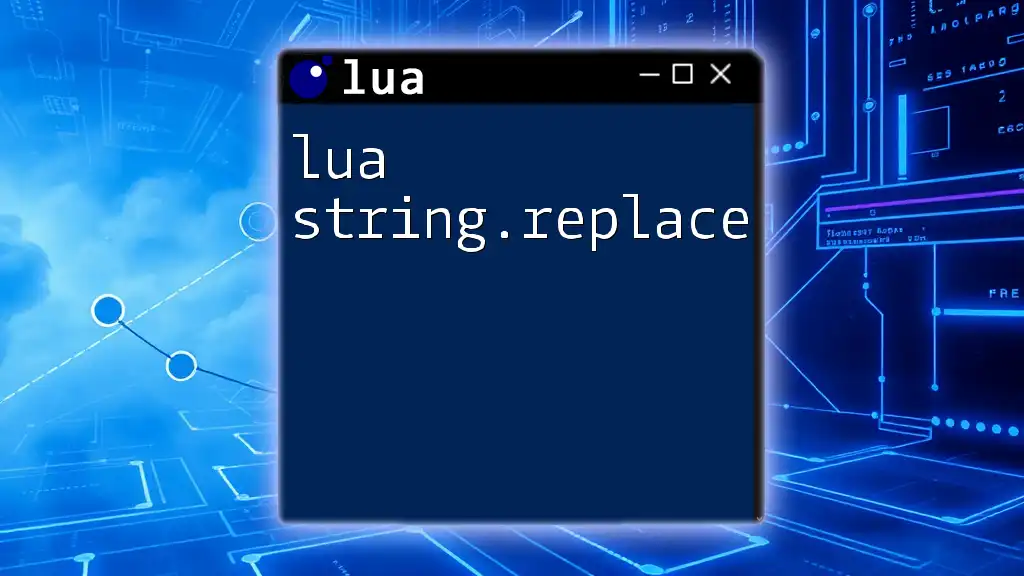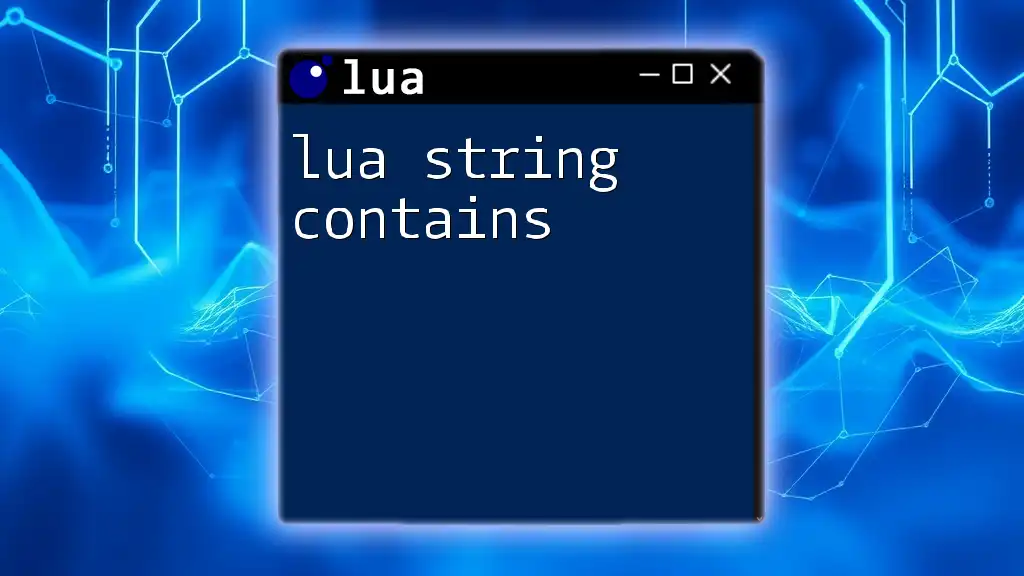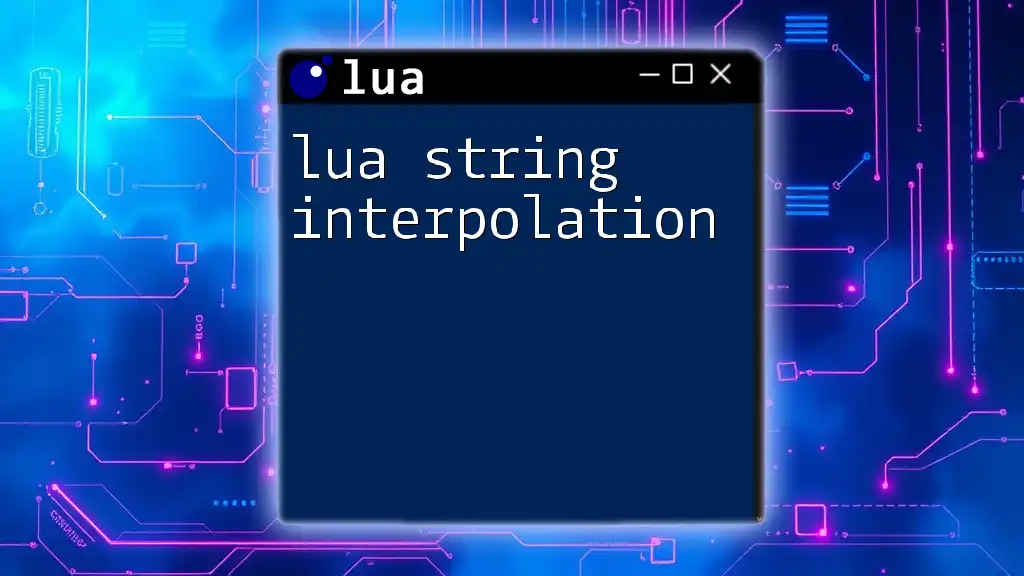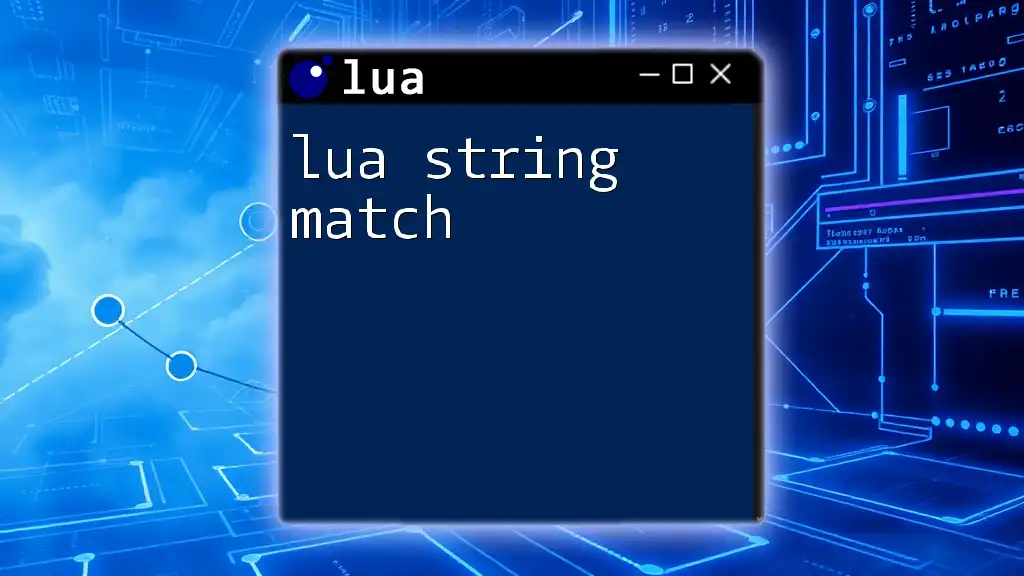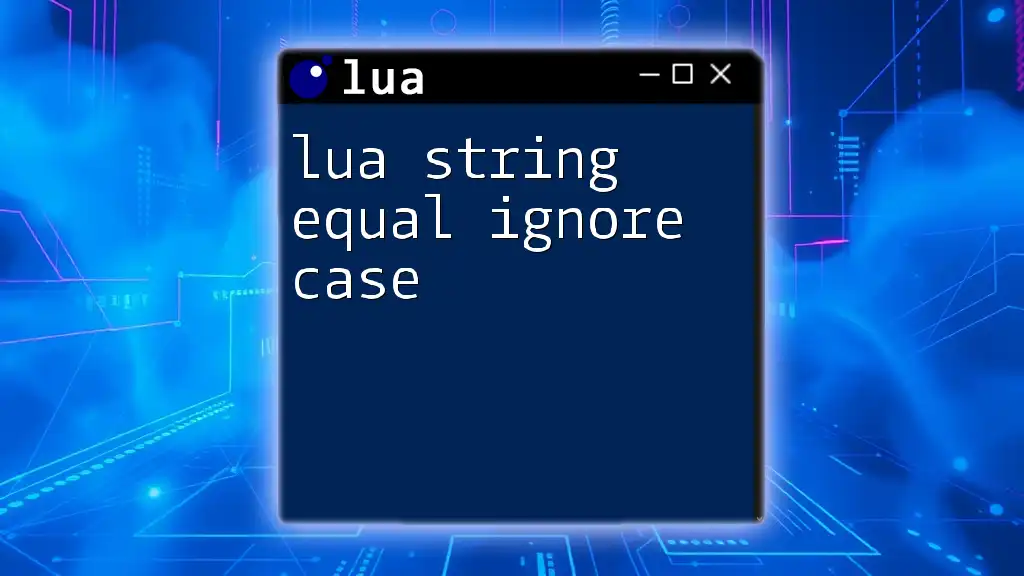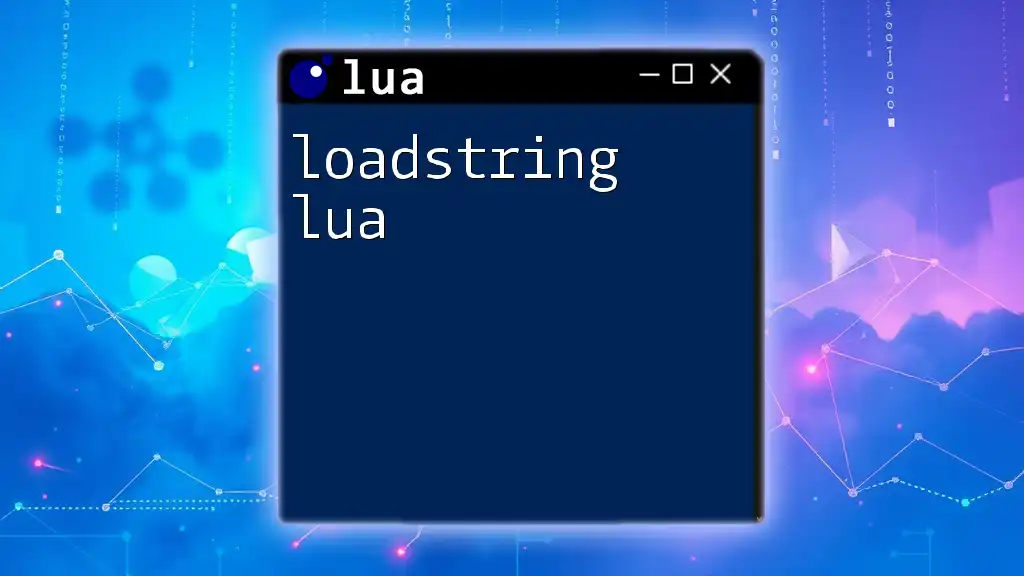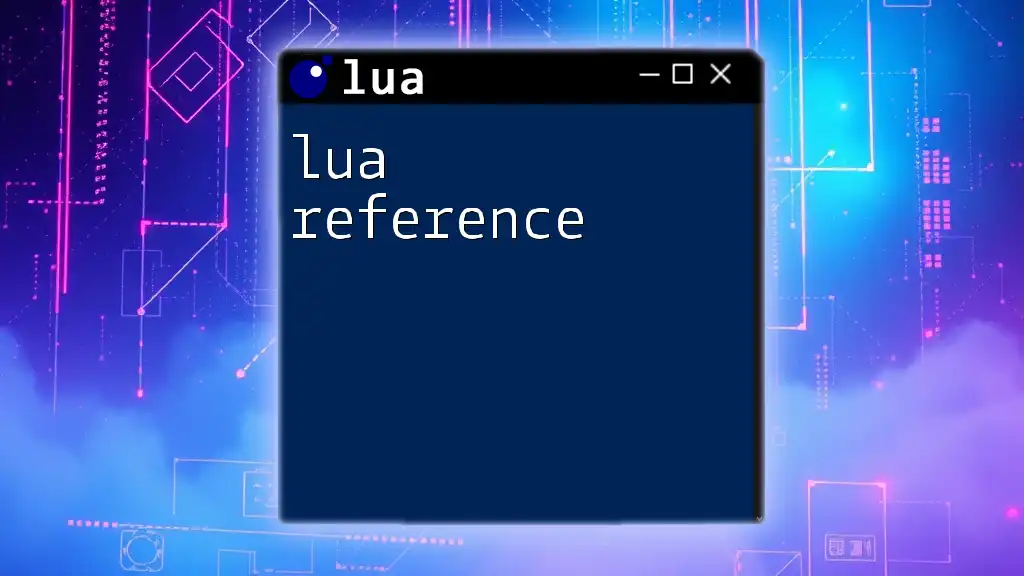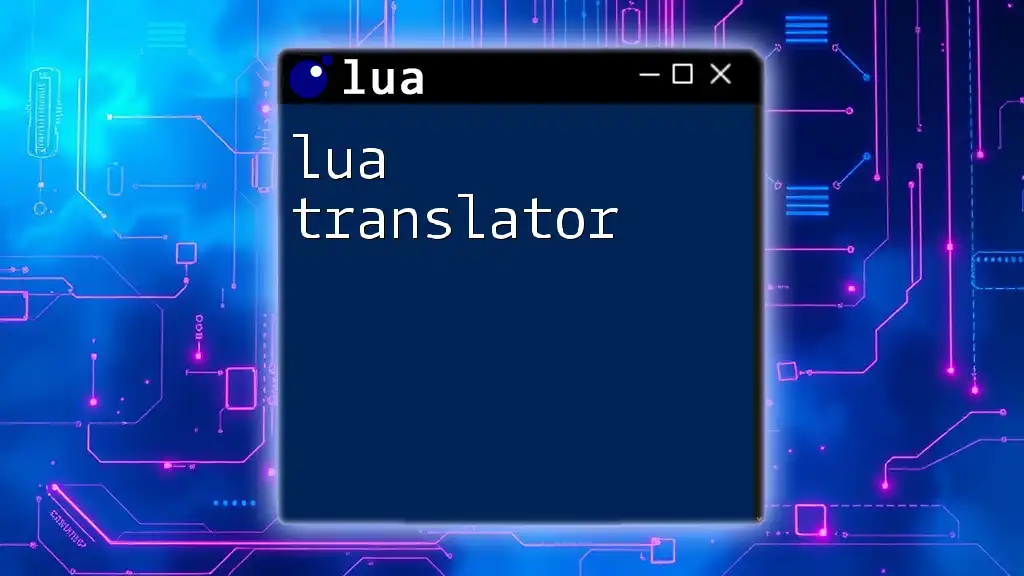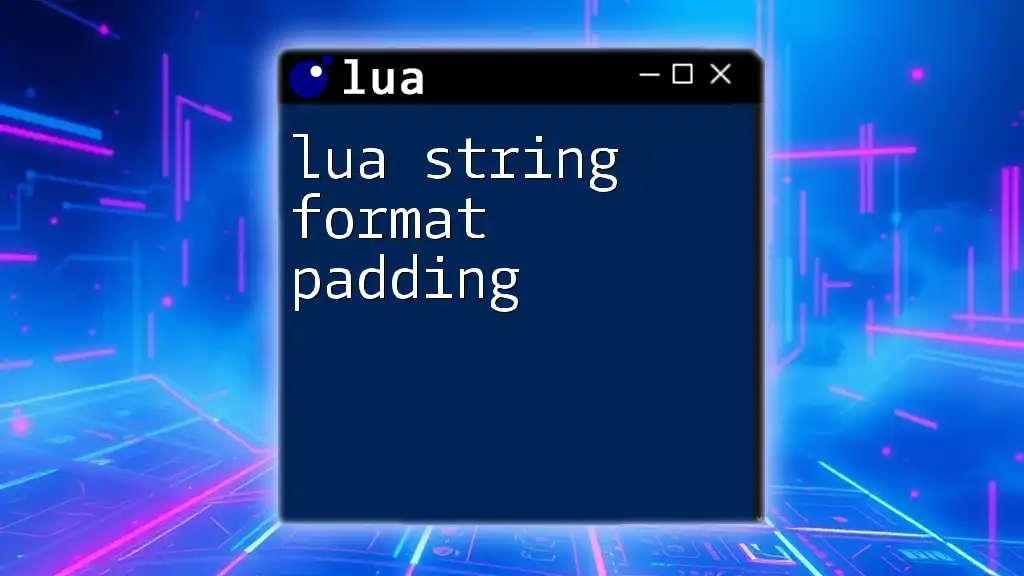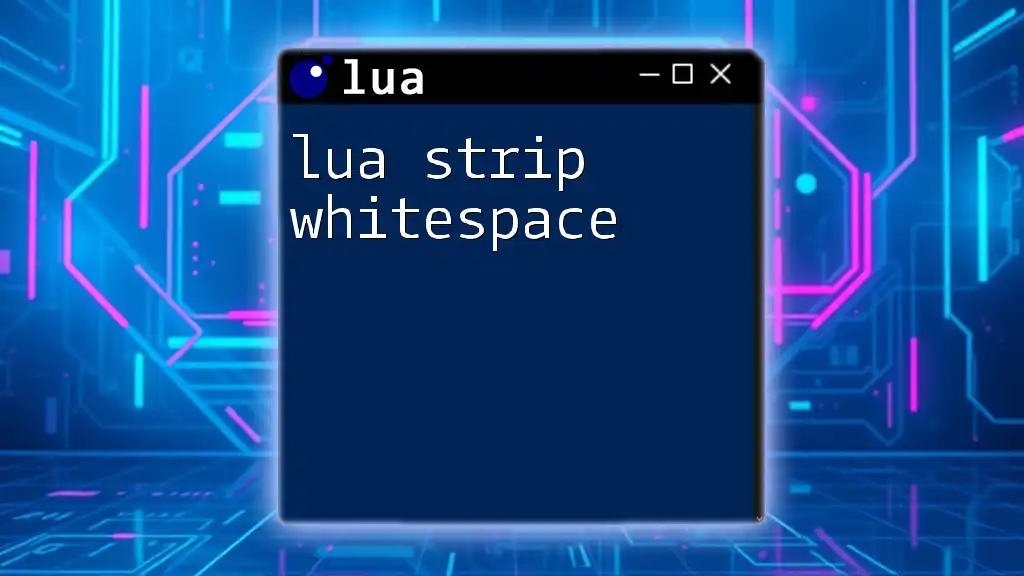The `string.replace` function in Lua is used to create a new string by replacing occurrences of a specified substring with another substring.
local originalString = "Hello, world!"
local newString = string.gsub(originalString, "world", "Lua")
print(newString) -- Output: Hello, Lua!
Understanding `string.replace` in Lua
What is `string.replace`?
The `string.replace` function in Lua is a fundamental tool used for manipulating strings. It allows developers to modify specific parts of a string by replacing occurrences of a specified substring with a new substring. This functionality is especially useful for tasks such as sanitizing input, formatting text, or transforming data across applications.
Syntax of `string.replace`
The syntax for using the `string.replace` function is straightforward:
string.replace(s, old, new)
- `s`: This parameter represents the original string in which you want to perform replacements.
- `old`: This is the substring that you want to find and replace.
- `new`: This is the substring that will replace the old substring.
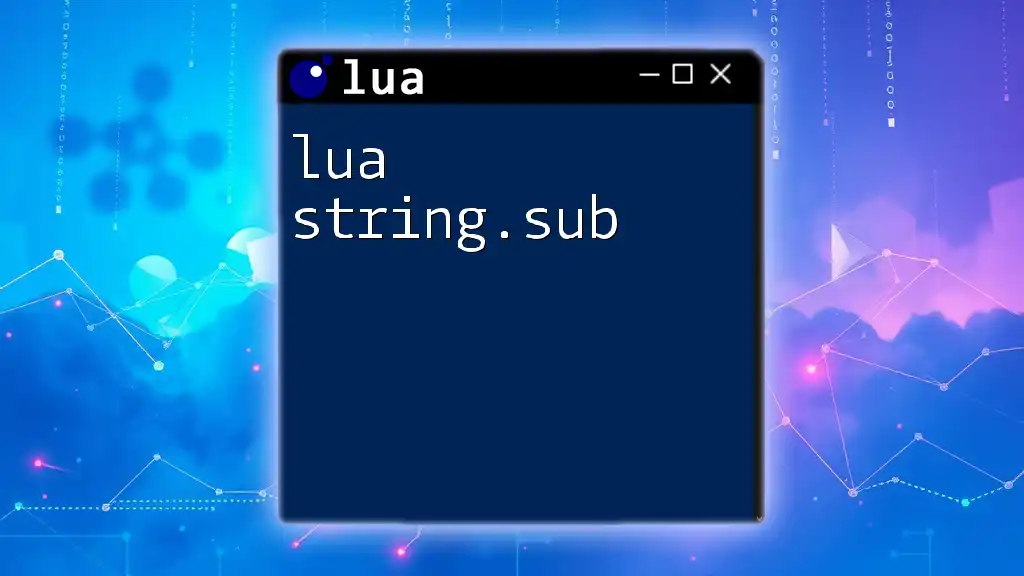
How `string.replace` Works
Basic Usage
The most common use of `string.replace` involves straightforward replacements. For instance, if you want to change "Lua" to "World" in a given string, you would do it like this:
local originalString = "Hello, Lua!"
local newString = string.replace(originalString, "Lua", "World")
print(newString) -- Output: Hello, World!
In this example, the function successfully changes the segment "Lua" to "World", demonstrating basic functionality.
Case Sensitivity
A crucial aspect of `string.replace` is its sensitivity to character case. The function distinguishes between uppercase and lowercase letters, which can lead to different results based on input. Here’s an example:
local str1 = "Lua is fun! lua is great!"
local replacedStr1 = string.replace(str1, "Lua", "Python")
print(replacedStr1) -- Output: Python is fun! lua is great!
In this example, only the uppercase "Lua" is replaced with "Python", while the lowercase "lua" remains unchanged. Understanding case sensitivity is essential to avoid unintentional replacements.
Replacing Non-Existent Substrings
If you attempt to replace a substring that does not exist in the original string, `string.replace` handles this gracefully without causing errors. For example:
local str2 = "This will not change."
local replacedStr2 = string.replace(str2, "Java", "Python")
print(replacedStr2) -- Output: This will not change.
In this case, since "Java" is not found in the original string, the output remains unchanged.
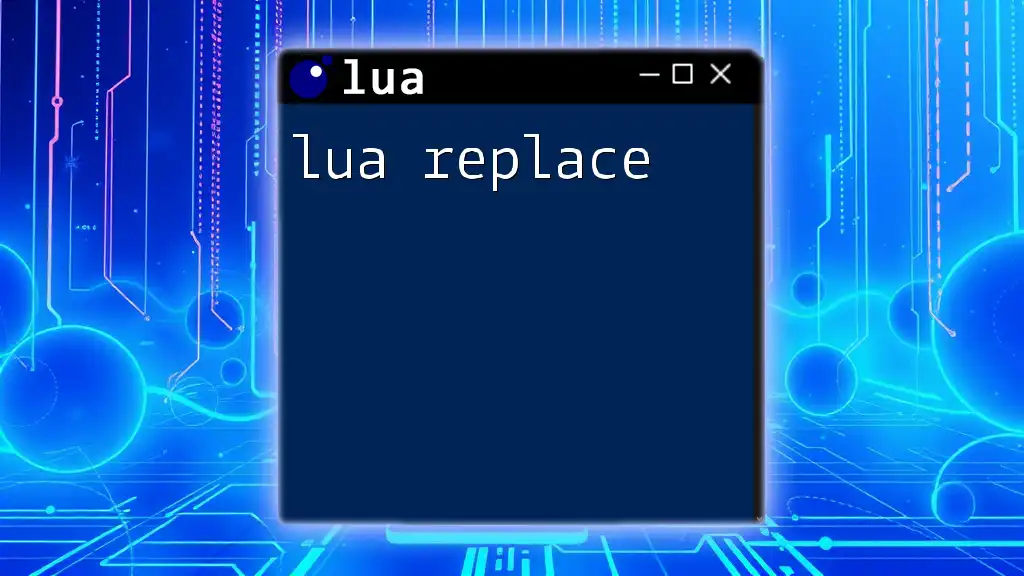
Advanced Features of `string.replace`
Replacing Multiple Instances
One of the powerful features of `string.replace` is its ability to replace multiple occurrences of the same substring. For instance:
local str3 = "Replace me! Replace me again!"
local replacedStr3 = string.replace(str3, "Replace", "Substitute")
print(replacedStr3) -- Output: Substitute me! Substitute me again!
Here, both instances of "Replace" were successfully changed to "Substitute", showcasing how the function efficiently manages multiple occurrences.
Using Patterns for Dynamic Replacements
Lua allows the use of patterns for dynamic replacements, enhancing the versatility of `string.replace`. Here’s an example demonstrating pattern usage:
local str4 = "Coats, hats, and coats!"
local replacedStr4 = string.replace(str4, "coats", "jackets")
print(replacedStr4) -- Output: jackets, hats, and coats!
In this instance, the function matches the lowercase "coats" and replaces it with "jackets". Familiarity with Lua patterns can significantly elevate your string handling capabilities.
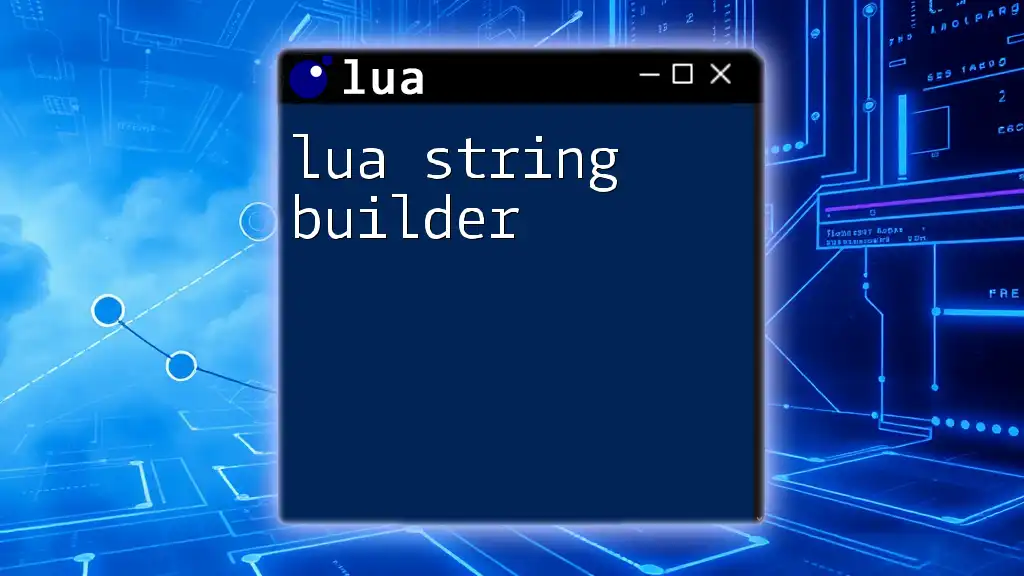
Error Handling with `string.replace`
Common Errors
While using `string.replace`, developers might encounter common issues like invalid input types or incorrect substrings. Always ensure that the parameters passed to the function are of the correct type and logically valid to avoid unexpected behavior.
Best Practices for Using `string.replace`
To maximize the utility of `string.replace`, consider the following best practices:
- Avoid ambiguous replacements: Ensure clarity in what you intend to replace, especially when dealing with substrings that may overlap with other parts of the string.
- Test with different cases: Always verify how your replacements behave with varying cases to avoid losses in information or unintended modifications.
- Readability and maintainability: For complex replacements, opt for clear variable names and comments to make the code easily understandable for future reference or other developers.
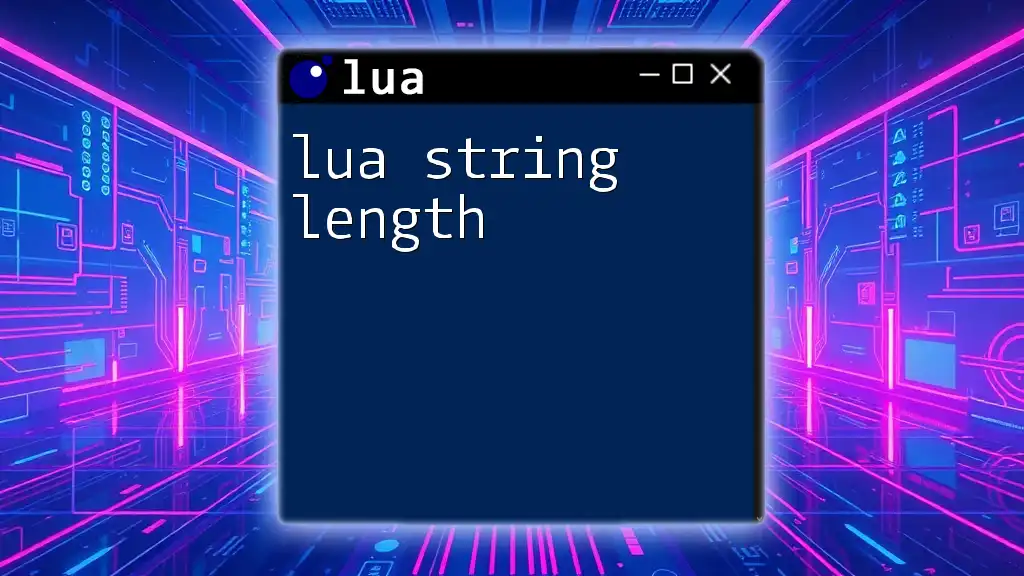
Real-World Applications of `string.replace`
Use Cases in Applications
The functionality of `string.replace` can be instrumental across numerous scenarios in application development, including:
- Data Sanitization: Cleaning user input by replacing potentially harmful strings or formatting text for consistent application behavior.
- Dynamic Content Generation: Applying replacements in text generation where user data needs to be formatted or displayed gracefully.
- Template Engines: Adjusting static templates by dynamically inserting or replacing pieces of content based on user interactions.
Example Projects Utilizing `string.replace`
Here are two project ideas that showcase real-world applications of `string.replace`:
-
Project idea 1: Text-Based Game
Create a simple text-based adventure game where players can experience different narratives based on their choices. Use `string.replace` to customize dialogue based on player inputs. -
Project idea 2: Text Transformation Utility Tool
Develop a small utility tool that allows users to enter text and performs various transformations, such as replacing specific words or phrases, changing case, and more.
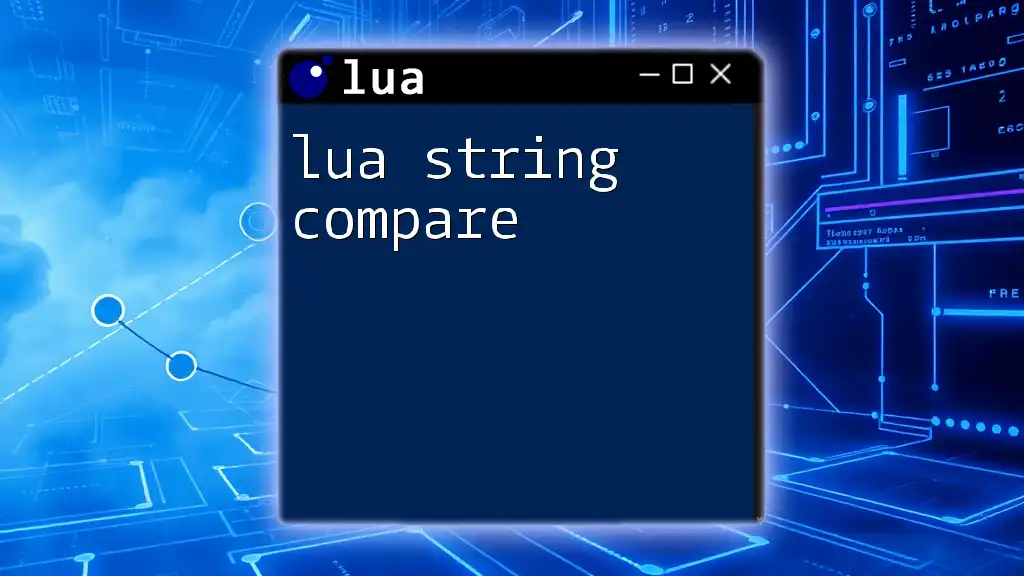
Conclusion
In summary, the `lua string.replace` function serves as a vital tool for anyone working with strings in Lua. Whether you're modifying simple strings or implementing sophisticated text manipulations, mastering this function is essential. By understanding its functionality, case sensitivity, and advanced features, you can enhance your programming toolkit and improve the versatility of your applications.
Don't hesitate to practice what you've learned by applying `string.replace` in your own projects and exploring its potential!
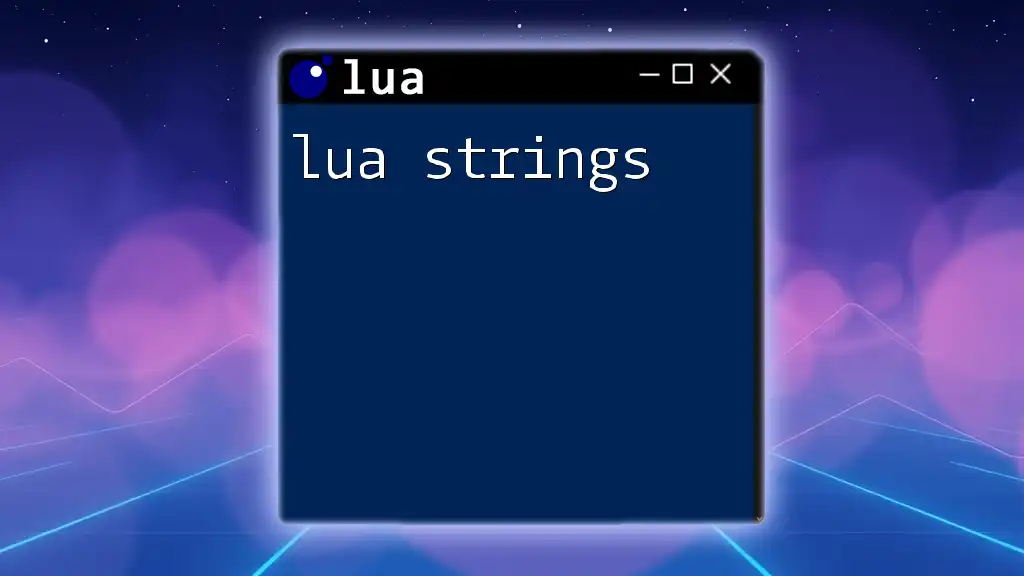
Further Reading and Resources
For those looking to deepen their understanding of Lua and the capabilities of `string.replace`, consider reviewing the official Lua documentation for more detailed information. Additionally, there are numerous books and online courses that can further enhance your programming skills and understanding of string manipulation in Lua.

